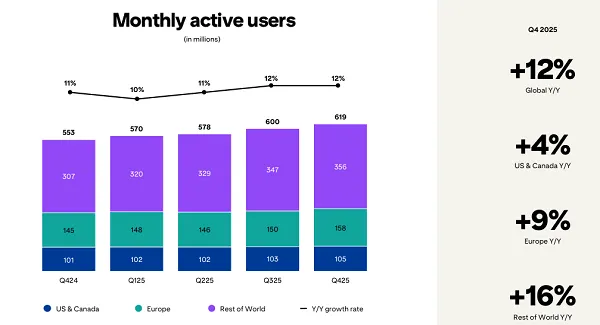These Microorganisms Could Help Treat Alzheimer's, Study Finds
We have a long way to go, but early findings are promising.

Advertisement
This ad is displayed using third party content and we do not control its accessibility features.

mbg Health Contributor
mbg Health Contributor
Jenny is a San Francisco-based mbg contributor, content designer, and climate & sustainability communications specialist. She is a graduate of the University of California Santa Barbara. An avid open-water swimmer, Jenny has worked for healthy living and nutrition brands like Sun Basket, Gather Around Nutrition, and Territory Foods.
Image by Alba Vitta / Stocksy February 26, 2025 Some say our gut is our second brain, and with mounting evidence1 confirming the strong link between the two, it's easy to see why. Perhaps it's no surprise, then, that the microorganisms in probiotics are being investigated as a potential treatment for Alzheimer's disease (AD). A published systematic review2 of 22 studies gives us a bird's-eye view of the progress researchers have made in this area so far. 
The research at a glance
In his review, nutrition and intestinal health specialist Ben Witteman, M.D., looked into a handful of studies that researched the connection between gut health and cognitive decline, as well as the effect of probiotics on AD in clinical trials. After analyzing both human and animal studies, he summarized several key findings:
"I think the results of the different studies encourage the baseline thought that the gut microbiota is of importance not only for physical health but also for mental health (via the gut-brain axis)," Witteman tells mindbodygreen.
While it's exciting to see probiotics being used and tested against severe conditions like AD, science still has a ways to go when it comes to validating these early findings. There's an interesting path ahead, as research has yet to meaningfully examine related factors like the effect of prebiotics on AD.
Plus, it's always encouraging to have studies reconfirm the idea that supporting a healthy gut promotes our body's ability to prevent and fight disease, which functional and integrative medicine doctors have been asserting for decades.
"An interdisciplinary approach to investigate the interactions between host and microbiota could potentially lead to a strategic advance in treatment and prevention of AD in future," writes Witteman.
The research on the benefits of probiotics for diseases like AD is still emerging, but there are plenty of reasons to consider probiotics as a key part of your health tool kit right now.
How to support your second brain
Not all probiotic supplements are created equal. Choosing a high-quality probiotic vetted by experts will ensure you're getting the most bang for your gut (and spending your hard-earned money on something that actually works). Here are nine clean, effective probiotics to look into.
The takeaway
A review of the most relevant studies on the use of probiotics to support cognitive health gives us reason to be very optimistic. Additional research and collaboration across disciplines are promising next steps for this topic.

 Hollif
Hollif 
































